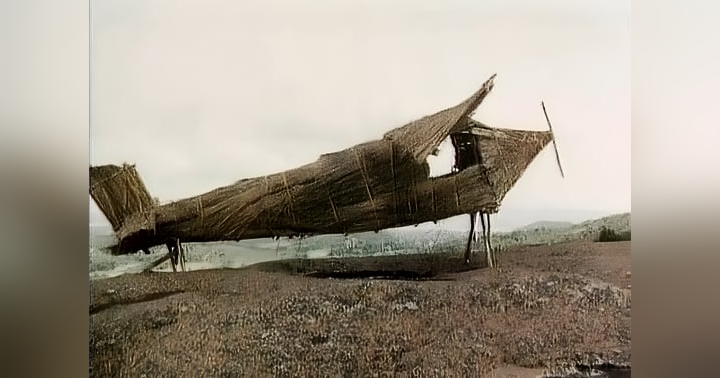The Tragedy of Gary Webb

Gary Webb was an American investigative journalist who gained national attention for reporting on the CIA's involvement in the crack cocaine epidemic in the United States. Born in 1955 in Corona, California, Webb began his career as a reporter for the Kentucky Post before moving on to the Cleveland Plain Dealer and eventually the San Jose Mercury News. In 1996, Webb published a series of articles titled "Dark Alliance," which alleged that the CIA had facilitated the sale of crack cocaine in Los Angeles to fund the Contras in Nicaragua. The series was praised and criticized, with some calling it a groundbreaking exposé and others accusing Webb of sensationalism and inaccuracies.
Despite the controversy, Webb's reporting led to a renewed interest in the CIA's activities in Central America and sparked a national conversation about the impact of the drug trade on American communities. However, Webb's career suffered due to the backlash, and he was eventually forced to resign from the Mercury News. He went on to write a book about his experiences, titled "Dark Alliance: The CIA, the Contras, and the Crack Cocaine Explosion," which was published in 1998.
Tragically, Webb took his own life in 2004 at 49. His death was widely mourned by those who had admired his work and recognized the importance of his contributions to investigative journalism. In the years since his passing, Webb's legacy has been the subject of ongoing debate, with some continuing to criticize his reporting and others hailing him as a hero who exposed government corruption and abuse of power.
"If we had met five years ago, you wouldn't have found a more staunch defender of the newspaper industry than me … I was winning awards, getting raises, lecturing college classes, appearing on TV shows, and judging journalism contests. So how could I possibly agree with people like Noam Chomsky and Ben Bagdikian, who were claiming the system didn't work, that it was steered by powerful special interests and corporations, and existed to protect the power elite? And then I wrote some stories that made me realize how sadly misplaced my bliss had been. The reason I'd enjoyed such smooth sailing for so long hadn't been, as I'd assumed, because I was careful and diligent and good at my job … The truth was that, in all those years, I hadn't written anything important enough to suppress."
Gary Webb
Regardless of one's opinion of Webb and his work, his story serves as a reminder of the vital role that investigative journalists play in holding those in power accountable and shining a light on issues that might otherwise go unnoticed. In an era of "fake news" and declining trust in the media, supporting and defending the work of journalists committed to uncovering the truth is more important than ever.
If you want to hear more stories like this, please consider listening to the podcast!

